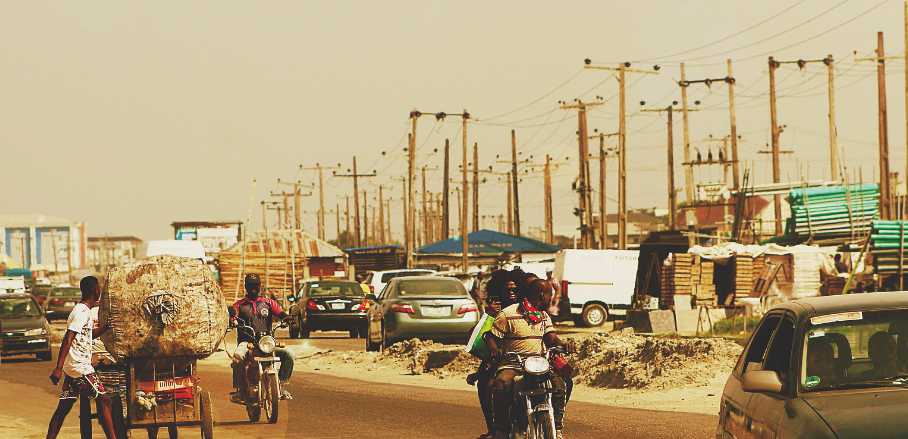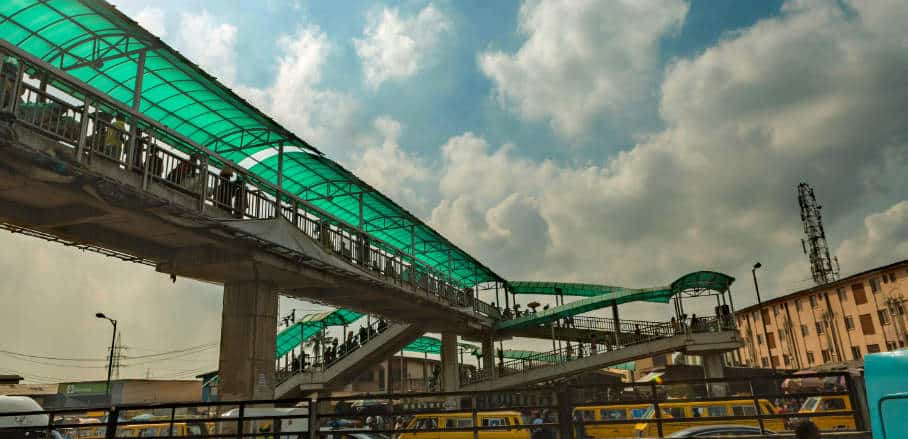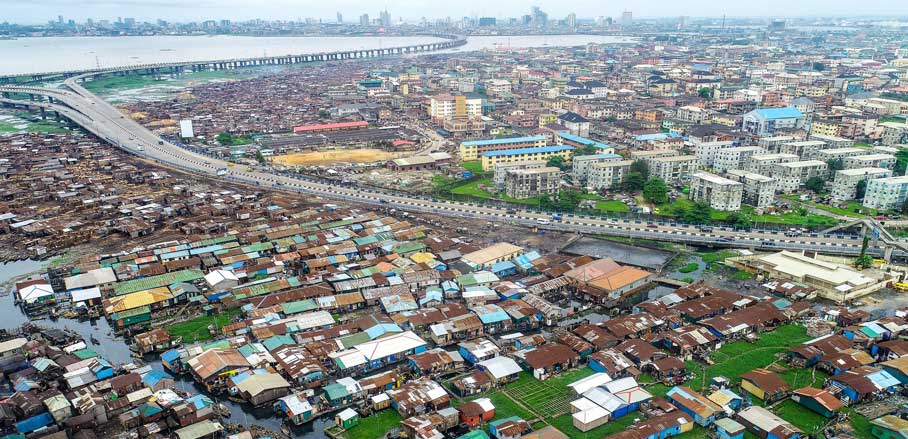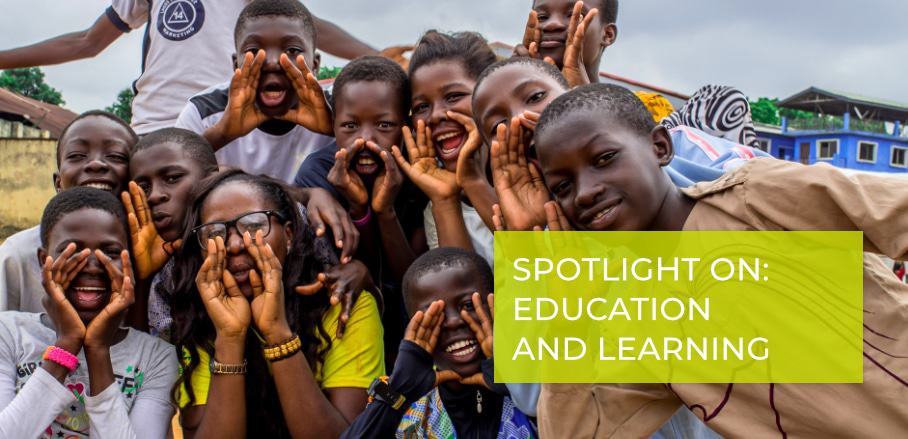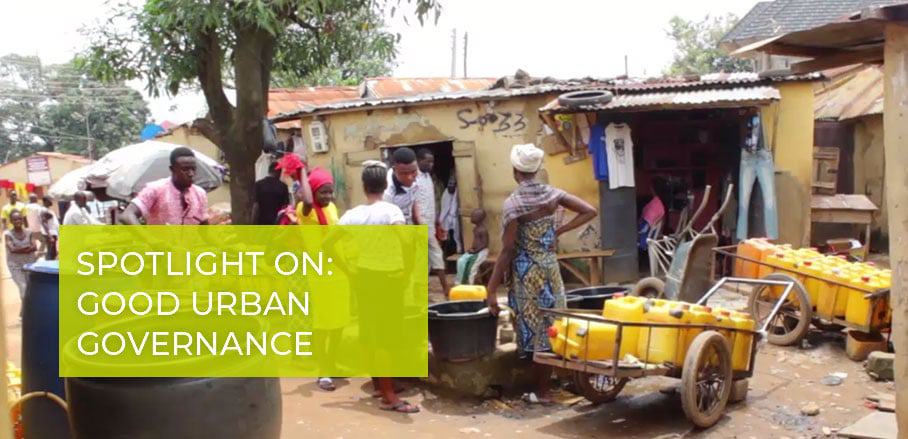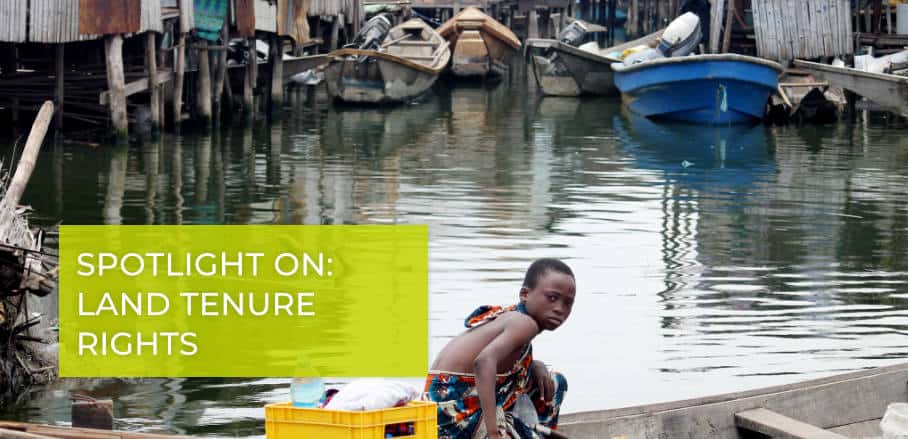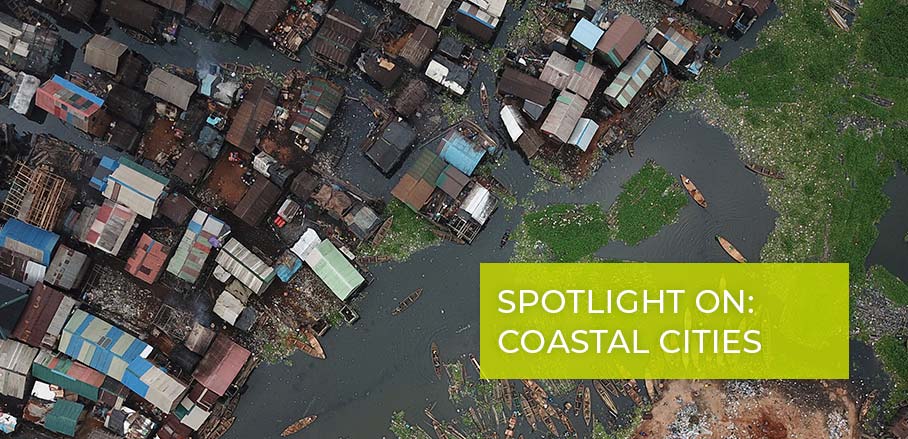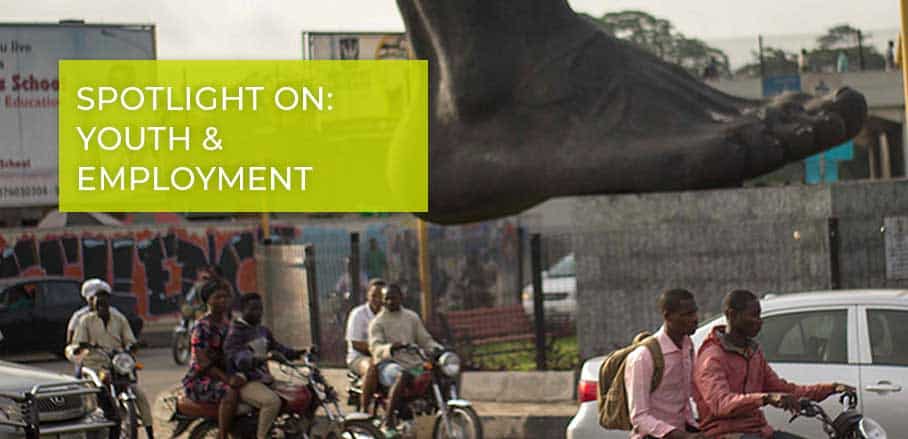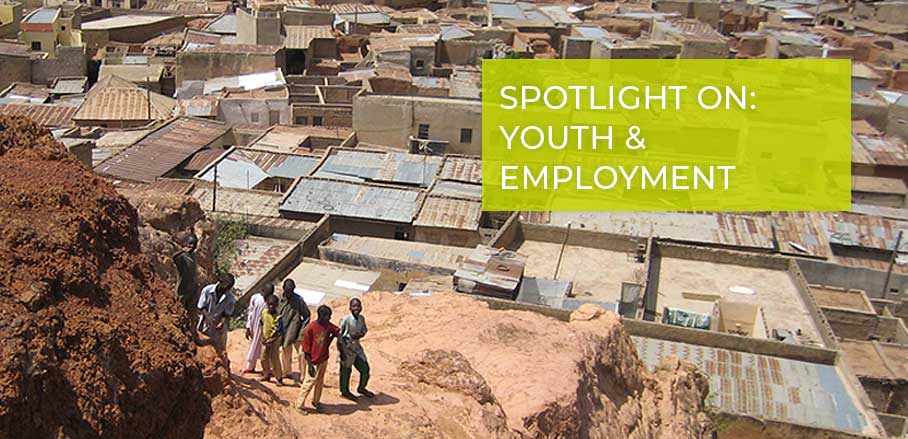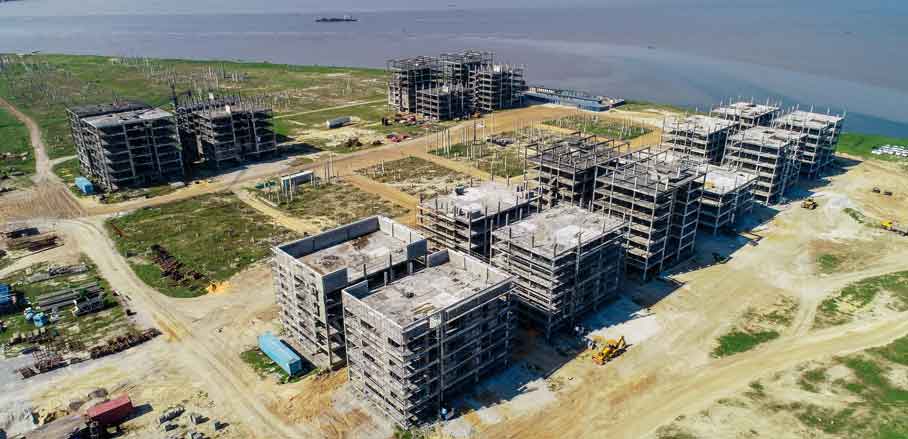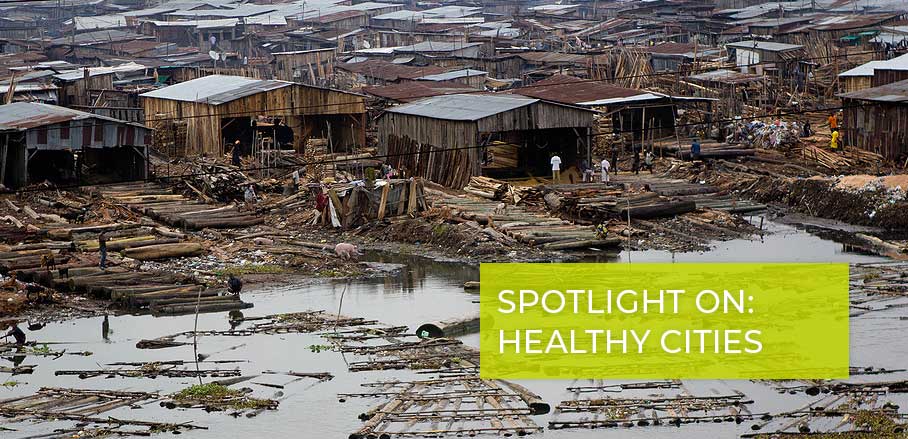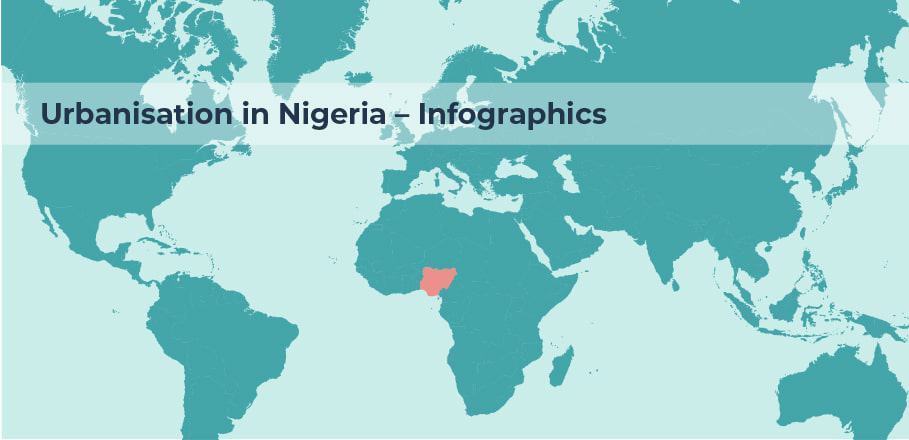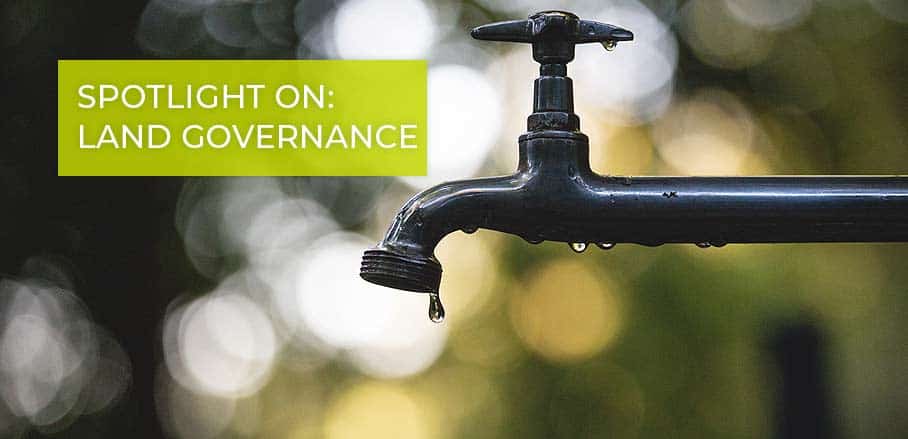Navigating Heterogeneity: The Way to a Just Energy Transition in the Global South’s Housing Sector
Achieving a just energy transition in the urban housing sectors of the Global South demands recognition and engagement with their heterogeneous energy networks and rapidly evolving spatialities. Marie Urfels explores the challenges of achieving a just energy transition in the housing sector of the Global South while emphasising the importance of embracing these complexities to create targeted, context-specific solutions.
